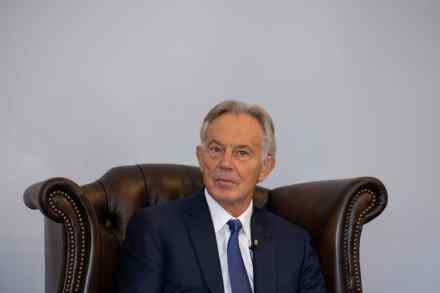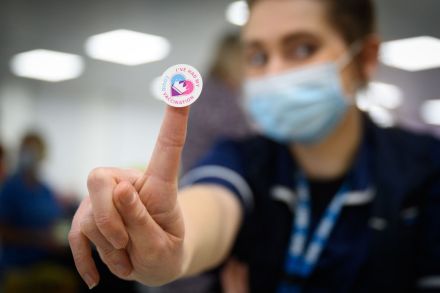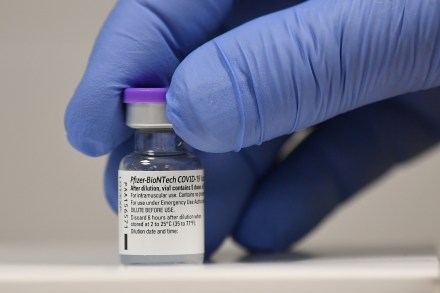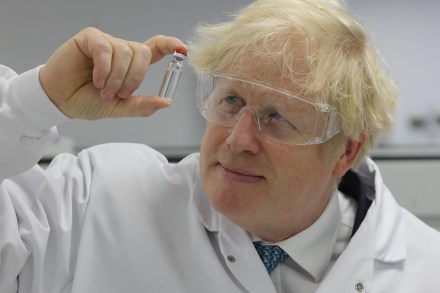Tony Blair’s Covid grift
Have we yet seen the end of Covid restrictions? It is tempting to think so. For many people, Covid and the lockdowns have receded into history, replaced by Ukraine and the energy crisis. It would be easy, but foolish, to dismiss Tony Blair’s proposals as the ramblings of a bored ex-PM But perhaps we have parked the whole business in our memories a little too soon. Some are already pushing for restrictions to be re-enacted this winter. The Tony Blair Institute for Global Change has just published a paper, Three Months to Save the NHS, demanding that the government consider re-imposing mask mandates on public transport and other enclosed settings.





















